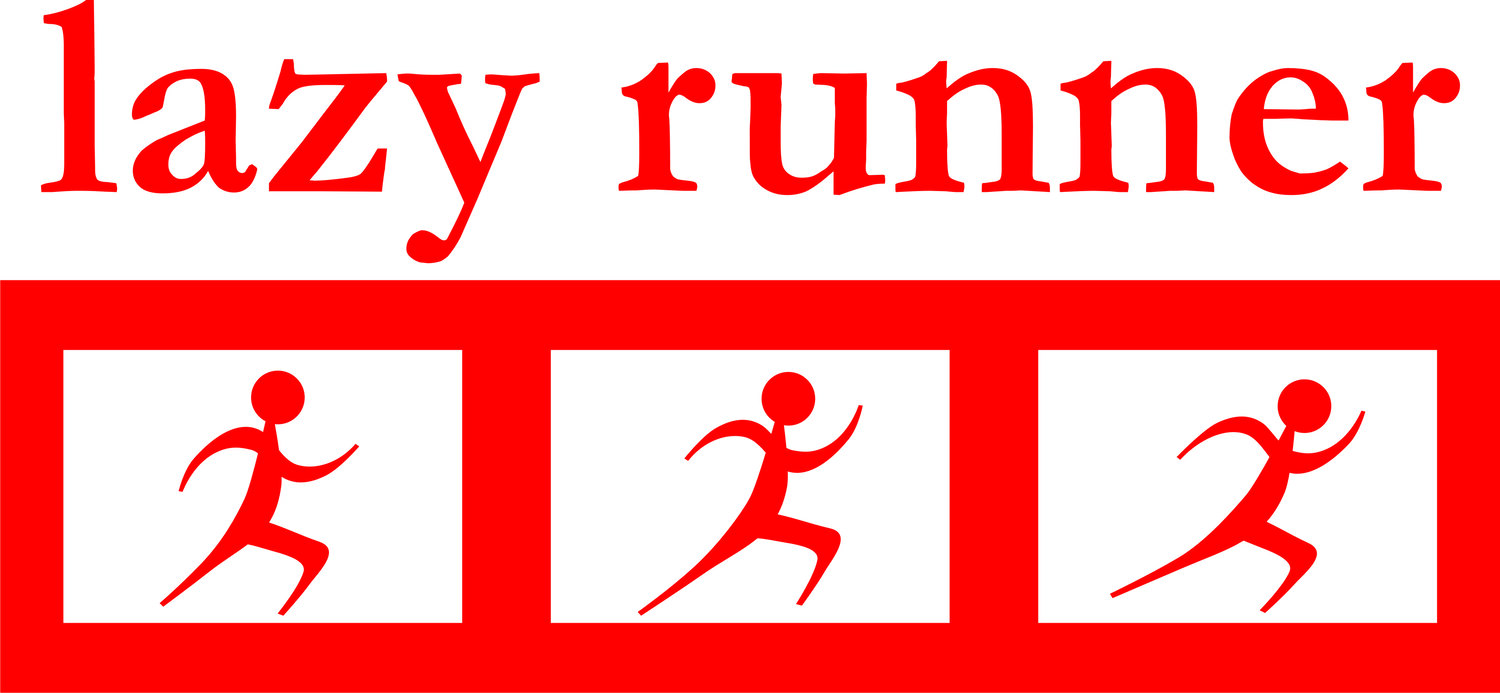Caffeine for Runners
If you are like me and addicted to caffeine, you know the benefits it gives and the drawbacks. When I was nursing I would drink 10 cups of instant coffee a day, now I have two “good” coffees and about 6 cups of green tea. When I was a 10 cup a day addict, I didn’t have to be told that it was a drug because if I ever tried to cut back I suffered withdrawals big time.
I’ve never really used caffeine for sport related purposes, I don’t drink coffee before I run only because I don’t get time in the mornings and I don’t feel like one. However, I have worked with runners and in sporting clubs where caffeine has been used as a sport stimulant and I sit on the fence a bit when it comes to recommending it as a good stimulant for runners.
Here is what I know about Caffeine
Caffeine is classified as a drug as it provides a stimulus to the central nervous system
Caffeine is a natural stimulant and if taken in the correct dose produces no adverse affect on humans
Caffeine can be found in many forms, commonly and naturally in coffee beans and tea leaves, not so common but it is in natural form in chocolate, cocoa beans, guarana and Kola nuts. And can be found added to many soft drinks, sports drinks, gels and in tablet form
Most studies conclude that caffeine does improve performances in athletes. It does this by delaying the onset of fatigue in endurance events, improves mental alertness and stimulates adrenaline that can increase athletic performance
Benefits vary from runner to runner. If you're a regular coffee drinker you may find the benefits you feel are not as great as you have created a tolerance over time. If you rarely drink the stuff and then have a cup before a race, you will probably feel a greater effect. Also caffeine quantity can affect people in different ways, so it is an individual thing
Recommended doses for recreational runners are 5mg per kg of body weight for tablet doses or 1 cup of coffee per 40kgs of weight, so 1-2 cups for average person. Remember though that caffeine can be found in other sources so make sure you are not drinking lots of coca cola as well as swigging coffee. Generally a 300-500mg cup one hour before exercise has been proven to provide improved endurance and mental alertness. Caffeine peaks an hour after ingestion and can continue to work for two hours
Drawbacks- caffeine ingestion can cause problem for some runners, commonly headaches, palpitations, insomnia, stomach upsets , it can have a diuretic effect and taken over long periods withdrawal symptoms
Caffeine also can work as a laxative, so be aware that you may need to toilet at the same time you are ready to race!
Although scientists claim that caffeine is not a diuretic when taken before sporting events, many athletes have claimed that they have suffered mild dehydration and cramps during an endurance event if they have taken caffeine prior to the event
This is what I have observed from footballers taking caffeine tablets before a match- Usually they were very energetic and played well in the first quarter, and then they would notice a loss of energy in the subsequent quarters. The boys who took the supplements more often suffered from leg cramps, which can be associated with dehydration, so they had to ensure they drank a lot more water or sports drinks in-between quarters.
Like anything in running, never try something new on race day. If you always have a strong coffee before an event then go for it, but don’t down a couple of cups without having trialed it on a training run.
If you tend to suffer from stomach upsets, or need to go to the toilet whilst running or get cramps maybe you need to review your coffee intake
Other natural forms of caffeine are Kola Nut- one teaspoon of Kola nut equal one cup of coffee; Guarana- one teaspoon equals one cup of coffee.
